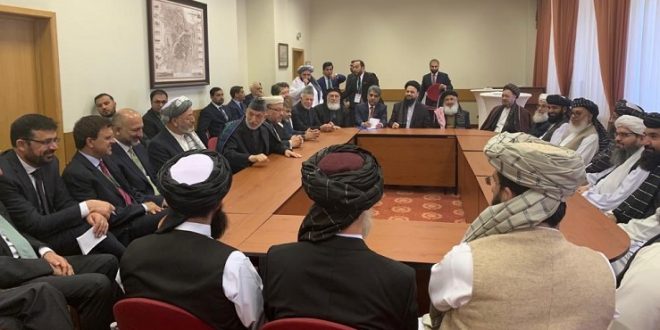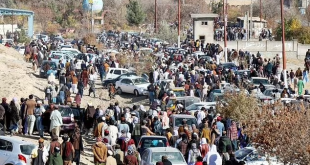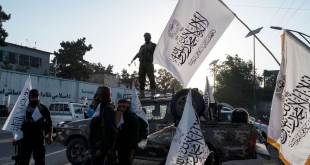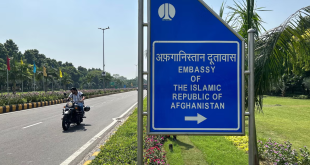AT News
KABUL: There is a national consensus on peace but political rift is building up on its ways and means, according to the State Ministry for Peace – amid hectic negotiations between the United States and Taliban in Doha.
The bone of contention is whether to accede to a cessation of violence or its reduction by the Taliban. Controversy within the government has been simmering over past weeks after the Taliban put forth their plan for violence reduction with the US negotiators in Qatar.
President Ghani’s administration is pushing with ceasefire. But, Chief Executive Abdullah and some other politicians support the plan for reduction of violence.
But, the state ministry for peace has said that a national consensus has been formed but there is seemingly a disagreement over its mechanism.
The ministry’s spokesperson Najia Anwari said that all stakeholders within and outside Afghanistan want peace. “We need to develop a mechanism that includes all stakes and perspectives of all stakeholders in peace process
Americans have been engaged in ten rounds of painstaking negotiations with the Taliban since October 2018. After almost 19 years of fighting, America and the Taliban have agreed in principle on a deal envisaging America withdrawing troops in return for assurances that Afghanistan will never again become a haven for international terrorists. America also wants a reduction of violence and the start of talks between the Taliban and the Afghan government, which the militants so far have shrug off.
This is as Taliban spokesperson, Suhail Shaheen, has confirmed the Taliban will strike a deal with the United States by the end of January in relation to the US military withdrawal from Afghanistan. In an interview with Pakistan’s Dawn, Shaheen said that the group will reduce the scope of its violent activities – including halting attacks in major cities, avoiding suicide bombings and blocking major highways – towards the nearing of the deadline.
But he denied the peace deal will entail a plan for ceasefire, rather it will dictate a reduction in violence – and it concerns the Taliban, foreign forces and government forces.
The contradictory statements come as Kabul is sticking to its guns vis-à-vis recognition of ceasefire as a prerequisite to any advancement of peace talks against the backdrop of the Taliban and the United States’ agreement to move forward with a plan to reduce violence in Afghanistan ahead of a looming peace deal.
 Afghanistan Times
Afghanistan Times




